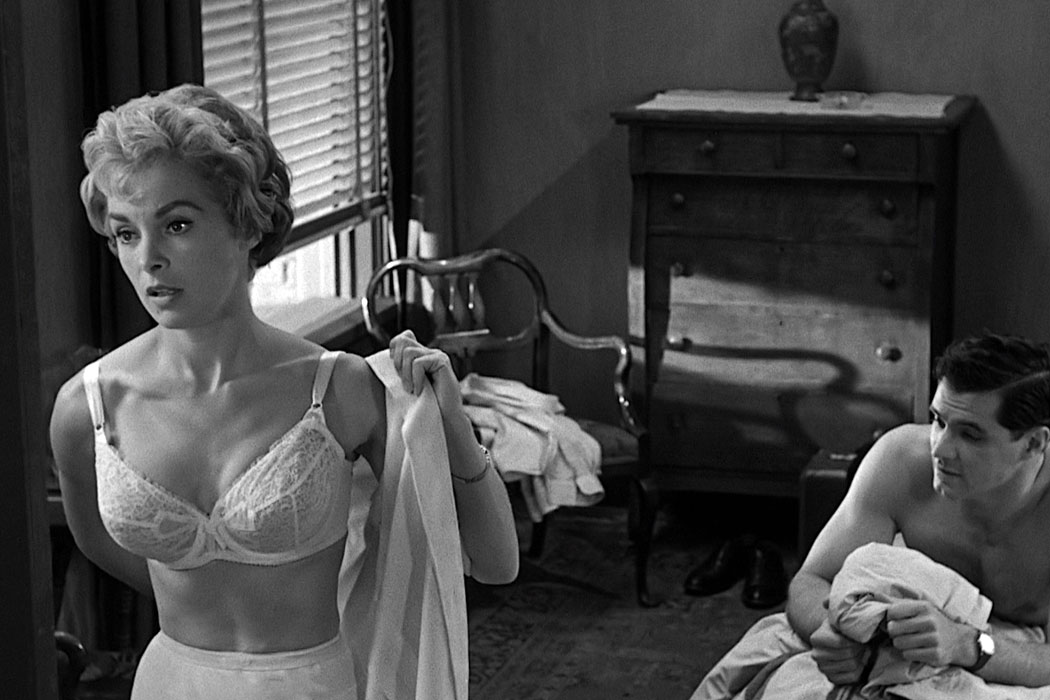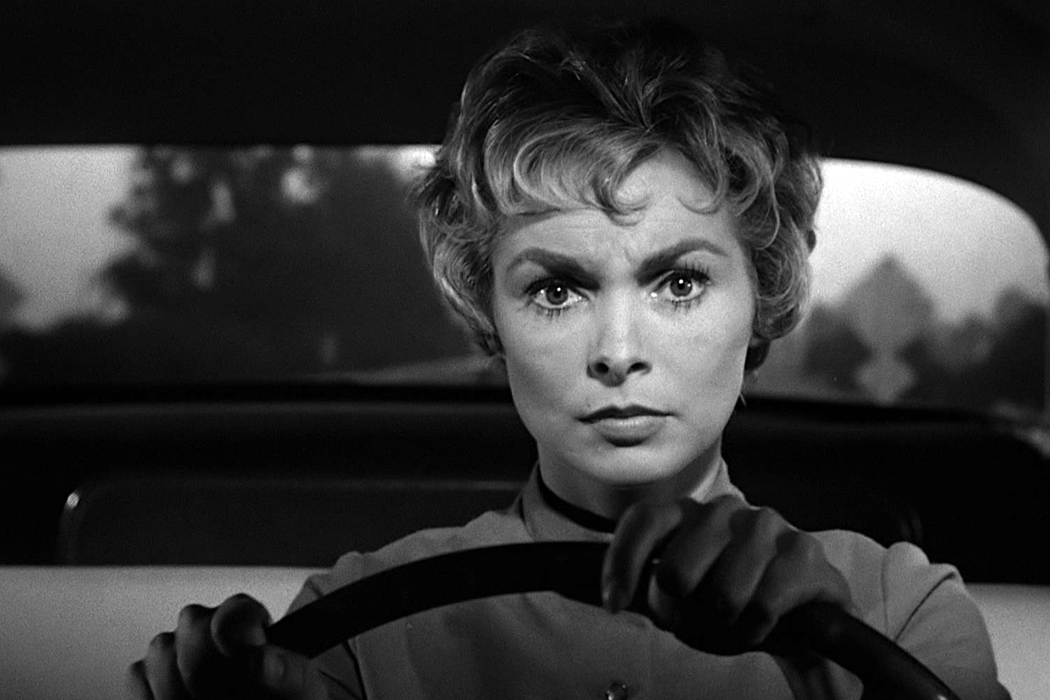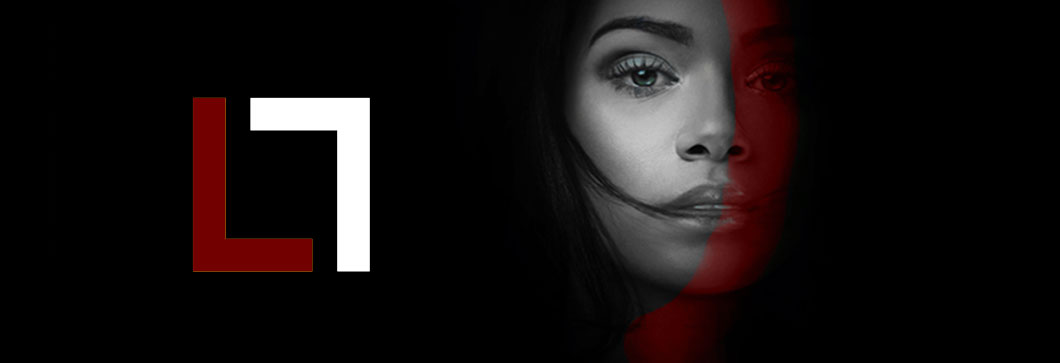Hitchcock/Truffaut is a documentary directed by Kent Jones about François Truffaut’s book on Alfred Hitchcock also called Hitchcock/Truffaut. The book is an extremely well illustrated transcript of a week long interview Truffaut had with Hitchcock in 1962 at the offices of Universal Studios in Hollywood.
The book has become one of the seminal works on film making, as the two film makers go into fascinating detail about the themes and approaches they use. It gives any film student or aspiring director real insight into the thinking of two of the greatest directors of the twentieth century.
The book’s place as a core text in world cinema is highlighted by the many established directors interviewed about the book and this is one of the most fascinating elements of this well-worked documentary. Martin Scorsese, Paul Schrader, David Fincher, Olivier Assayas and Peter Bogdanovich are just some of those featured.

The secret of cinema
If the original book is a benchmark for film directors, then this documentary adds more thoughts and revelations on just what it takes to become a great director. David Fincher, for example, provides this great insight on exactly what is the secret of great cinema direction:
“If you have some kind of understanding of colour, design and light, directing is really three things. Editing behaviour over time. Controlling moments that should be really fast and making them slow. And moments that should be really fast and making them slow.”
This is the essence of great direction. It’s the often overlooked secret of how a director achieves tone and controls the pace of a movie. It’s the difference between making a movie that’s really compelling, or making one that’s banal and disposable.
This secret is reinforced by Hitchcock himself in conversation with Truffaut. “That’s what film is for,” he says, during a discussion of the expansion of time in his films.
Personal themes
But Hitchcock/Truffaut does more than reveal the secret of cinema. It explores how Hitchcock was able to gain widespread success and mainstream appeal despite exploring seemingly personal and often quite perverse themes. As French director Olivier Assayas comments, “Hitchcock’s genius is based on eroticism and on very disturbing emotions,” even at the time when his work was hugely popular and widely successful.
Psycho is of course the perfect example. As Peter Bogdanovich says, “It was the first time that going to the movies was dangerous.”
Talking to Truffaut about Psycho, Hitchcock himself describes the movie as “pure film,” in the way elements like the famous shower scene were able to provoke such deep emotions in the worldwide audience.
“It’s a film that belongs to film makers. You and I.” Hitchcock tells Truffaut and once you’ve read the book and seen this documentary you’ll certainly agree with him.
Luger







